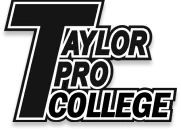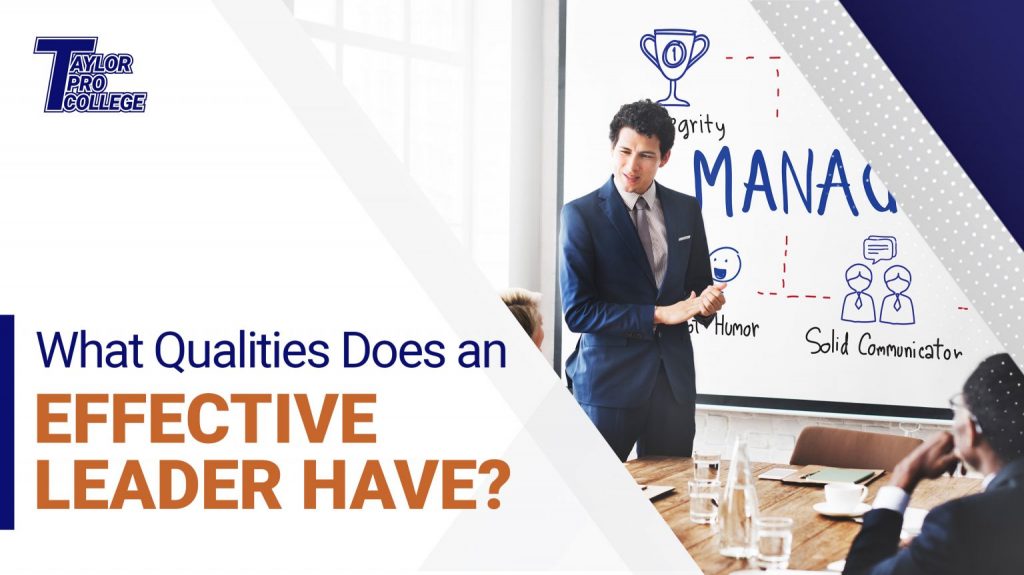- Key Takeaways
- Effective leaders are able to make difficult decisions while inspiring others to be passionate and motivated in the workplace.
- The ability to adapt to changes and to use innovation for success are two more defining qualities in a leader.
- Apart from hard skills, leaders must also have a high level of transparency and integrity.
Many would agree that great leaders are made, not born. But how does one manufacture the qualities that define an effective leader?
Poor leadership comes at a hefty cost and it’s not something that teams are always willing to pay. If you want to be a commendable leader, here are the qualities you need to work on.
Make Difficult Decisions
You don’t have to be the sharpest tool in the shed to make hard decisions. But you do need the right set of skills to arrive at the best course of action.
Leaders don’t often decide for themselves, but for an entire organization as well. It involves analysis and research in assessing issues and anticipating their consequences.
This is why taking micro-credential courses is essential in improving one’s leadership skills. Programs like these tap into the core fundamentals of decision-making and what it entails.
Inspire Passion and Motivation
The route toward success is often a dwindling road dotted with obstacles along the way. And most of the time, these challenges demoralize employees and affect their productivity.
An effective leader knows how to empower others by recognizing their strengths. A leader also acknowledges small successes to inspire change within a team.
Other than the enthusiasm to make employees feel valued, leaders also provide sound advice. After all, it’s their role to find ways to motivate their team members.
Adapt to Changes and Trends
Leaders are defined by their versatility to adapt to various leadership styles. Moreover, they must be able to determine which approach is best to use to move teams forward.
The employee culture changes over time, and so does leadership. What may have worked before may not work at present.
Other than that, leaders must also keep abreast of new trends coming into their industry. This will help them position their team’s efforts, so they can anticipate the changes.
Transparency and Integrity
The moral side of leadership is just as important as hard and transferable skills. An effective leader demonstrates a high level of transparency to gain people’s trust.
Additionally, effective leaders also stand by their opinions and decisions. They also hold themselves accountable for any outcomes.
Courses on leadership fundamentals introduce these qualities using real-life applications. That’s why it’s a solid avenue for those who want to fine-tune their leadership skills.
Creativity and Innovation
The openness to new ideas can help propel organizations toward greater heights. But these efforts will be for naught without the creative machinery in place.
Innovation is valuable in the ever-changing workplace. Effective leaders make it a point to brainstorm ideas with their team to spark innovation.
Being open to suggestions doesn’t mean a leader can’t decide for himself. It simply means that the leader is capable of listening to what others offer at the table.
Taylor Pro College’s micro-credential course on leadership fundamentals gets you one step closer to becoming an effective leader. Explore this course and apply today to kick-start a new learning journey!
Sources:
Lumen Learning. (n.d.). What makes an effective leader? | Principles of management. Lumen Learning – Simple Book Production. https://courses.lumenlearning.com/wm-principlesofmanagement/chapter/what-makes-an-effective-leader/






